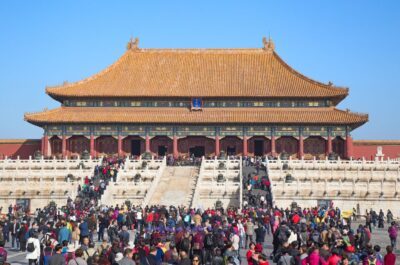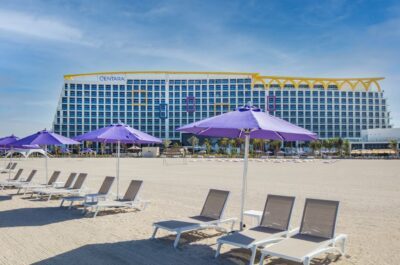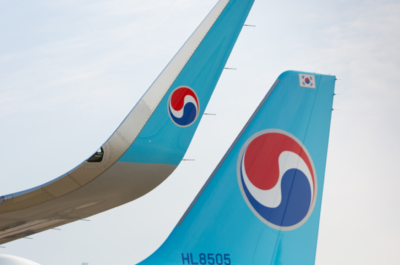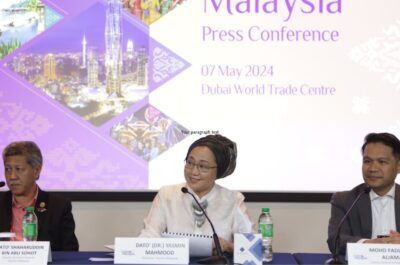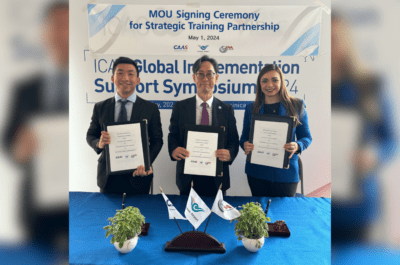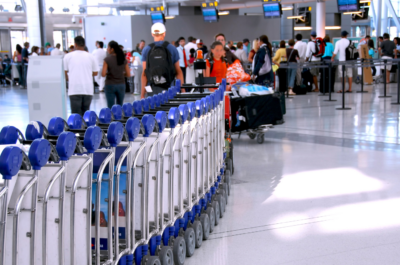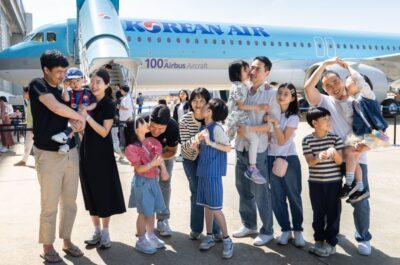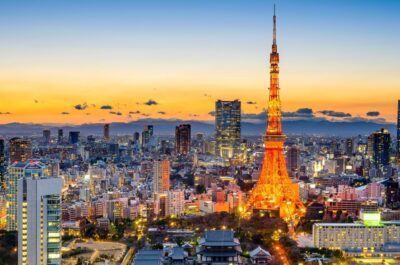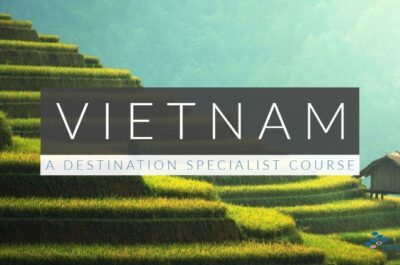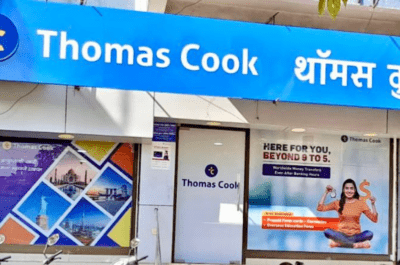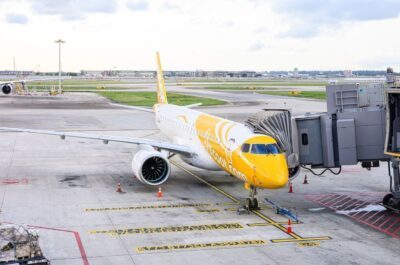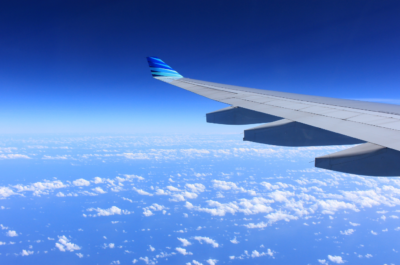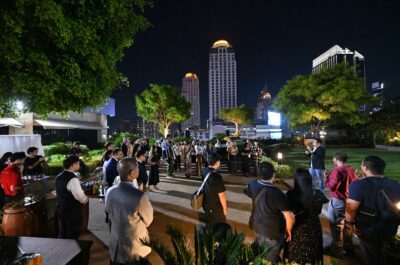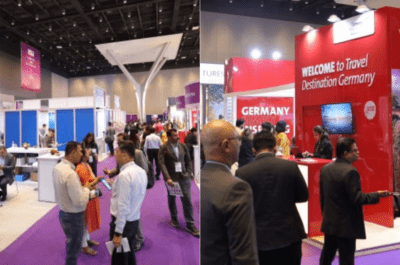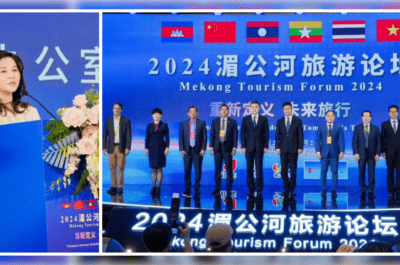Despite achieving 27.6 million visitors in 2023, Thailand’s tourism sector faced setbacks from global conflicts, underlining the critical influence of geopolitical stability on travel industry success.
Bangkok, Thailand – The Thai tourism industry ended 2023 with 27.6 million visitors (according to preliminary figures), just off the target of 30 million. It probably would have hit the target had it not been for incidents and events directly related to conflicts and violence, also known as “external shocks.”

In spite of irrefutable proof of the deep and lasting impact of these repeated external shocks, the industry has gone back to business as usual, with a false sense of complacency about the revival and its projected duration.
Since the 1980s, Thai tourism has been hit by just about every crisis known to mankind, except snowstorms and hurricanes. These crises can be divided into “man-made” (military coups, domestic political conflicts, economic collapse, etc) and “Acts of God” (tsunami, health pandemics, floods, etc).
While little or nothing can be done about “Acts of God”, man-made crisis are entirely preventable. A history of Thai tourism will show clearly that tourism suffers in the event of internal and external violence or conflict, and soars when peace prevails.
In October 2023, Chinese visitor arrivals took a hit following the shooting of Chinese tourists in a Bangkok shopping mall. A few days later, the Middle East conflict erupted and is still continuing, leading to a sharp drop in arrivals from Israel and its surrounding countries. The Russia-Ukraine conflict is also impacting arrivals from Russia, Ukraine and elsewhere in Europe.
On the positive side, the diplomatic peacemaking between Saudi Arabia and Thailand in January 2022 has led to a remarkable rise in arrivals from that pre-eminent Middle East nation. However, very few recall that the 32-year rupture between the two kingdoms, which cost Thailand trillions of baht in economic losses, was itself the result of two acts of theft and violence in 1989-90 — the cold-blooded murder of Saudi diplomats and a businessmen, and the jewellery heist by a Thai worker from the household of a Saudi Royal.
The improved relations with Saudi Arabia are also helping reduce tensions in the Southern Thailand provinces which in turn is leading to increased cross-border traffic, making Malaysia the lead country in visitor arrivals to Thailand, with roughly 15% of the total in 2023.
Going back further, tourism to Thailand was soaring after 1987 Visit Thailand Year marketing extravaganza, and then hit the skids as a result of the first Iraq war in 1991 and the May 1992 bloody political riots against the military junta.

Visitor arrivals dropped again in 2008 when another political confrontation led to the November shutdown of Bangkok’s Suvarnabhumi Airport.

Thai tourism has also seen the plus/minus results of peace and conflict in ASEAN and the Greater Mekong Subregion.
In the 1970s, the end of the Indochina wars, led the then war-ravaged countries of Vietnam, Laos and Cambodia to use tourism as a low hanging fruit to drive economic revival, job-creation and poverty-alleviation priorities.
Today, all three countries are at peace and doing well in terms of tourism. The laggard is Myanmar, which is still embroiled in domestic conflicts and violence. Myanmar is now the weakest link, dragging down the entire ASEAN and GMS by slowing down the establishment of seamless transportation linkages both intra-regionally within ASEAN and inter-regionally between South Asia and ASEAN.
Today, as the world descends into yet another round of conflicts, the Thai tourism industry needs to recognise its future is entirely at the mercy of geopolitics, foreign policy and internal conflict.
These conflicts can undo in a flash the best marketing and brand-building campaigns and visa-relaxation measures.
In his national policy statement to Parliament after taking office in August 2023, Prime Minister Srettha Thavisin said, “Thailand will play a leading role in promoting world peace and common global benefits, and manage geopolitical situations appropriately.”

He then flew to New York for the annual United Nations General Assembly jamboree in Sept 2023 and delivered a speech in which he cited the importance of “peace” eight times in just the first few opening lines.
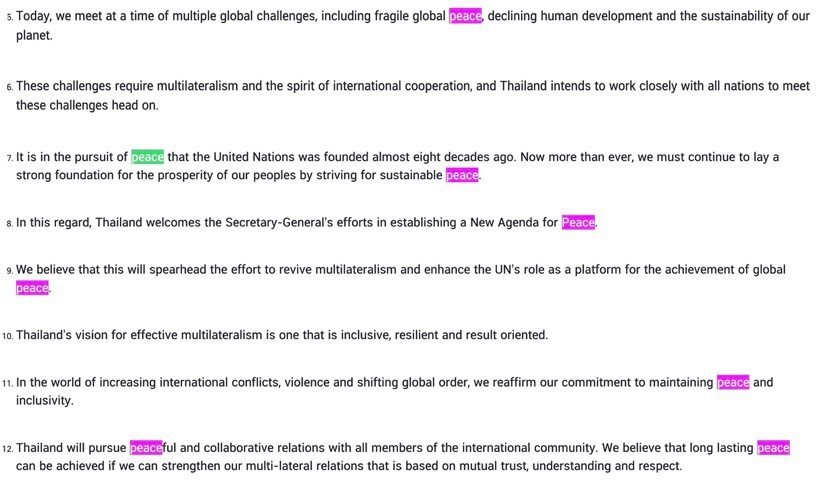
Virtually from the first day he took office, the Prime Minister has prioritised tourism as a driver of economic revival. However, if he really wants tourism to deliver, he will have to first deliver on his peace-building agenda.
The problem is that fancy catchphrases coined by speechwriters quickly dissipate in the face of reality.
When the Covid crisis was in its early stages, the entire global medical community swung into action with preventive and protective measures to get it under control.
Today, however, as conflicts risk spinning out of control, both directly and indirectly, the diplomatic and geopolitical communities are taking half-baked preventive and protective measures. Some of the lead countries, shamefully, are actually fanning the flames.
If they really want to create a post-Covid “New Normal” and “Build Back Better,” as per the clarion calls of three years ago, the Thai and indeed the global tourism industries will have to learn the lessons of history, pay more serious attention to the positive and negative impact of peace and conflict, and take the requisite preventive and protective actions.
The Covid pandemic could not be swept under the carpet. Neither can this.
Imtiaz Muqbil is the Bangkok-based executive editor of Travel Impact Newswire. Born in India, Muqbil lived for many years in the Middle East where he started his journalism career as a stringer for Newsweek magazine and McGraw-Hill World News. He moved to Bangkok in 1978 as a report/subeditor for the Bangkok Post and began covering travel & tourism in 1981, as Thailand Bureau Chief and Chief Correspondent, TTG Asia, PATA Travel News and associated publications (1981-1992). He wrote a weekly column, “Travel Monitor”, in the Bangkok Post between July 1992 – July 2012. Imtiaz Muqbil has conferred a 1997 PATA award for his reporting on the growth and development of Asia-Pacific tourism and another PATA award for coverage of the 1994 tsunami disaster. Between 2017-20, he edited and published The Olive Tree, the first and only publication designed to help Travel & Tourism meet the UN Sustainable Development Goals.




